Facebook unveils new name and logo as it prepares to take on metaverse
In an attempt to reposition itself from a social media company to a metaverse powerhouse, Facebook has undergone a drastic transformation.
Facebook has announced that it is changing its name to Meta at its annual Connect conference.
Mark Zuckerberg revealed the name saying it showed the company’s focus on developing the metaverse.
“We’ve learned a lot from struggling with social issues and living under closed platforms, and now it is time to take everything that we’ve learned and help build the next chapter,” Zuckerberg said during an annual developers conference.
“Our apps and their brands, they are not changing.”
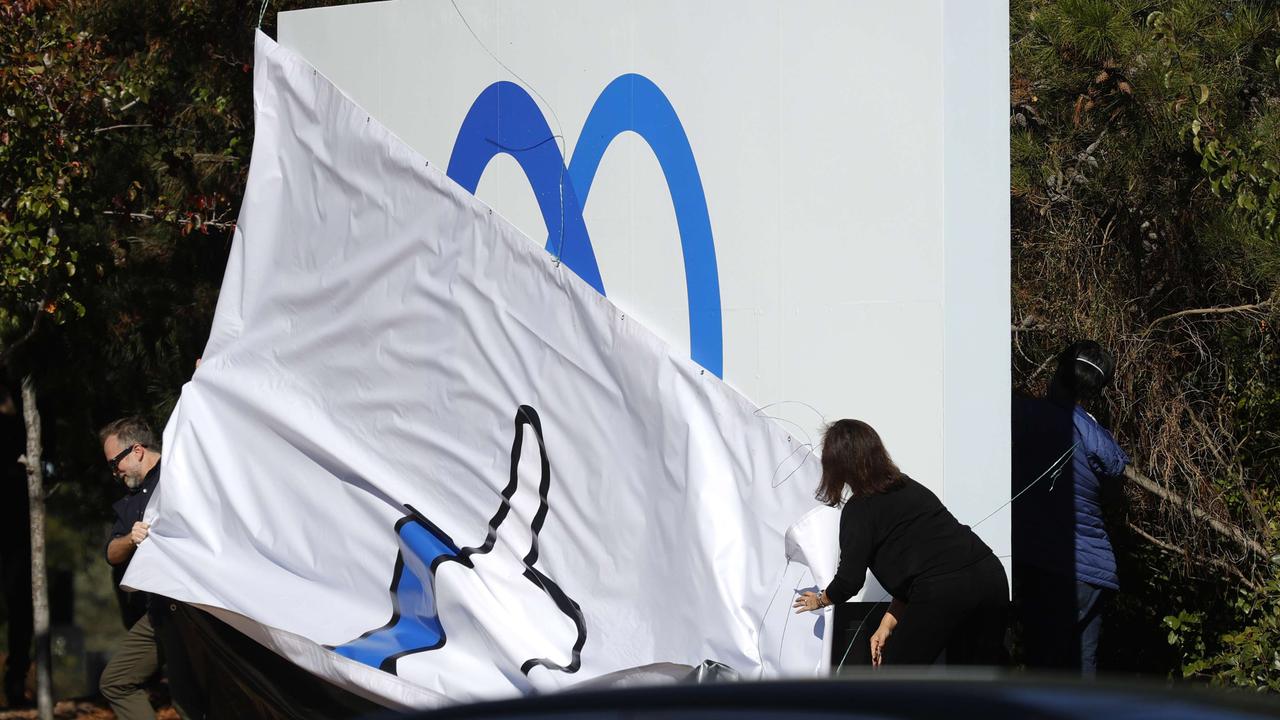
“We are a company that builds technology to connect,” Mr Zuckerberg said. “Together, we can finally put people at the centre of our technology. And together, we can unlock a massively bigger creator economy.”
“To reflect who we are and what we hope to build,” he added.
He said the name Facebook doesn’t fully encompass everything the company does now, and is still closely linked to one product.
“But over time, I hope we are seen as a metaverse company,” he said.
Zuckerberg owns the Twitter handle @meta and meta.com, which now redirects to a welcome page on Facebook that outlines the changes.
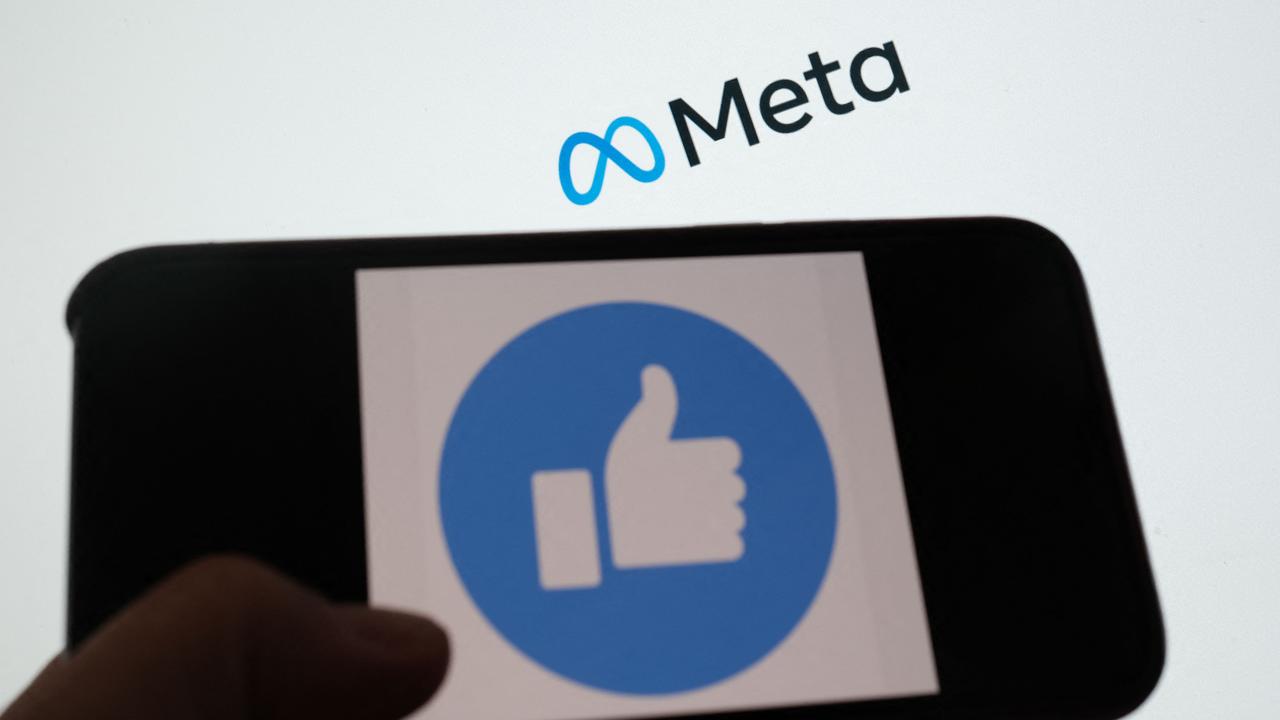
The company’s corporate structure would not be changing, but how it reports financial results will.
“Starting with our results for the fourth quarter of 2021, we plan to report on two operating segments: Family of Apps and Reality Labs,” he said.
“We also intend to start trading under the new stock ticker we have reserved, MVRS, on December 1. Today’s announcement does not affect how we use or share data.”
The rebranding was mocked mercilessly online with many saying that Facebook should focus on changing the company’s culture.
Under the plans, which were first flagged last week, Facebook will change the name of its holding company but not that of its eponymous social media platform, known internally as the “big blue app”.
The company also owns Instagram, WhatsApp and the virtual reality brand Oculus.

Zuckerberg told The Verge in July that over the next few years the company will “effectively transition from people seeing us as primarily being a social media company to being a metaverse company”.
The metaverse is essentially a digital reality that combines aspects of social media, online gaming, augmented reality, virtual reality and cryptocurrencies to allow users to interact virtually.

Mr Zuckerberg said the metaverse is “going to be a big focus, and I think that this is just going to be a big part of the next chapter for the way that the internet evolves after the mobile internet”.
“I think it’s going to be the next big chapter for our company too, really doubling down in this area,” he said.
What that means is that Mr Zuckerberg is trying to distance himself from Facebook and Instagram.
The reason for that is those brands have taken a hit in recent years and have become
synonymous with privacy breaches, election interfering, online bullying, as well as misinformation and fake news.
The issues with Facebook
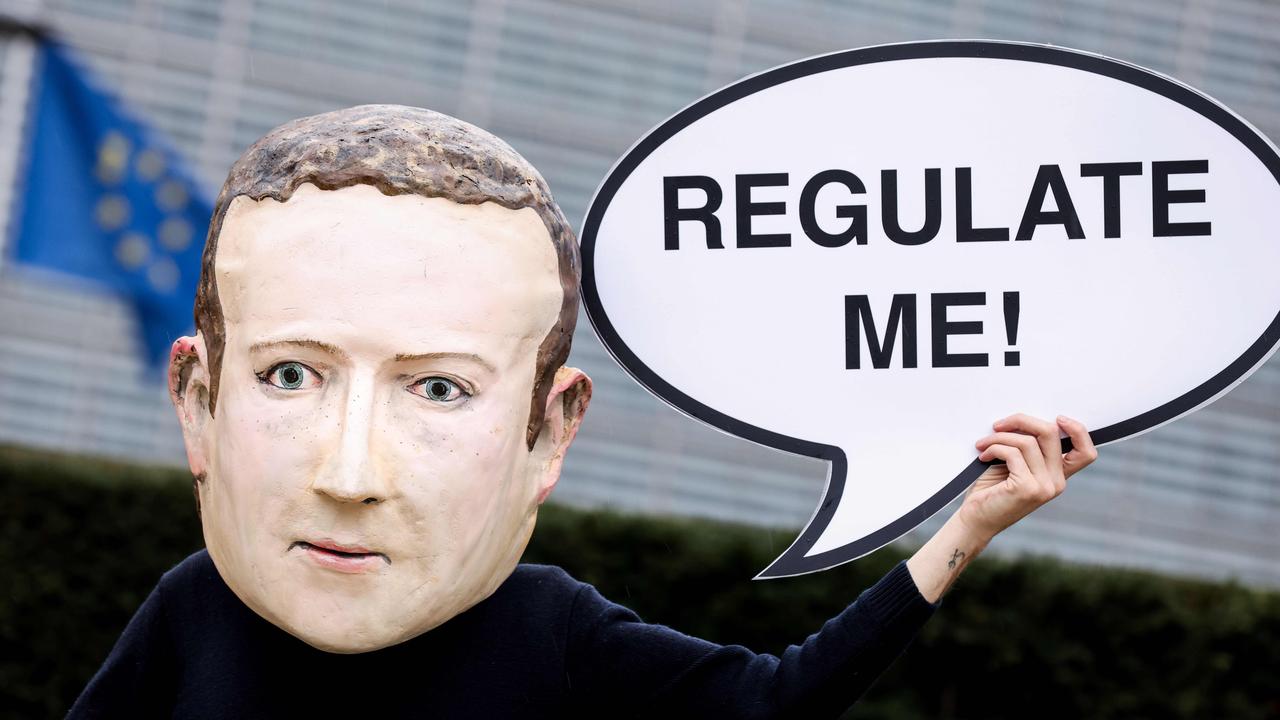
The last decade has also been full of scandals for Facebook, ranging from a psychological experiment conducted on 70,000 unconsenting users which examined how changes in its news feed could impact their mental health, to claims the social network was censoring content.
In 2018 reports revealed Facebook was used to incite genocide against the Muslim Rohingya minority in Myanmar by the country’s military officials.
2018 was also the year when news of the Cambridge Analytica scandal broke, revealing that the data-analytics firm improperly obtained data from tens of millions of Facebook users.
The following year, the US Federal Trade Commission fined Facebook $US5 billion over violations of user privacy, which was a record-breaking fine for a tech company.
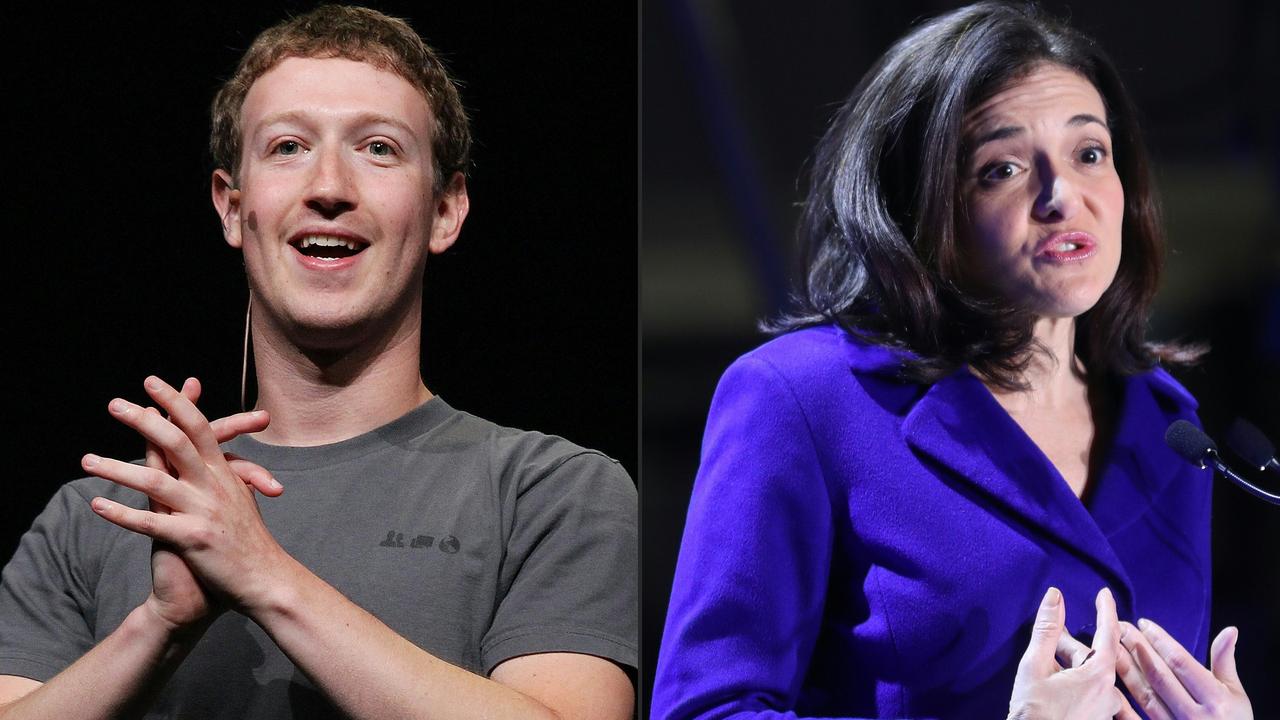
More recently, Facebook’s decision not to fact check political ads has drawn ire from all corners.
This week, internal messages leaked to media outlets show that Facebook’s own employees are concerned that Mark Zuckerberg’s obsession with growth has overridden ethical concerns and allowed hate speech and incitements to violence to spread unchecked.
“History will not judge us kindly,” one staffer reportedly wrote on the day of the January 6 Capitol riots, which were organised partially through Facebook.
“We’ve been fuelling this fire for a long time and we shouldn’t be surprised it’s now out of control,” wrote another Facebook staffer, according to the Atlantic.
The New York Post also reported Facebook’s own researchers have found that Instagram barrages teen girls who have anorexia and other eating disorders with photos and videos of other afflicted girls.
According to an April presentation by Facebook executives, a team of Instagram researchers earlier this year created a test user that followed dieting- and thinness-obsessed Instagram accounts, as well as hashtags like #skinny and #thin.
Instagram’s algorithm then recommended more eating disorder-related content — including images of distressingly thin female bodies and accounts with names like “_skinandbones__,” “applecoreanorexic” and “skinny._.binge”.
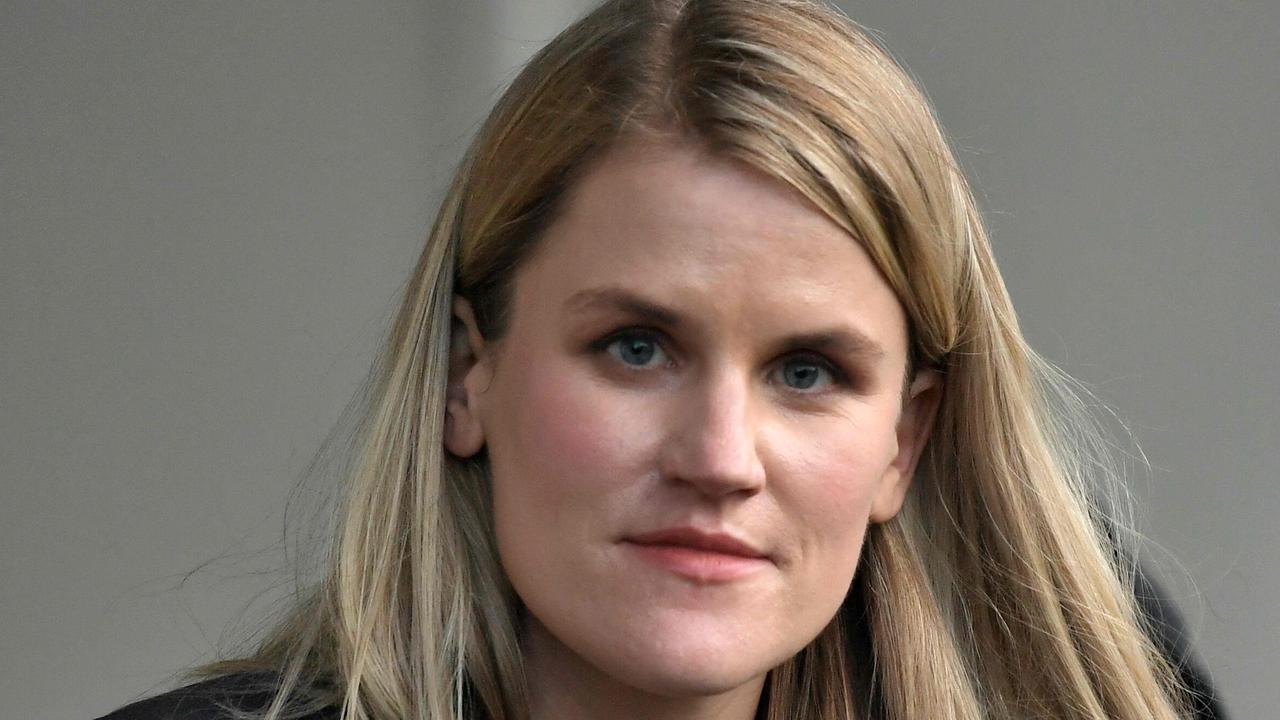
The name change also comes as former employee, Frances Haugen, leaked tens of thousands of documents and gave damning testimony to US senators this month in which she said Facebook put “astronomical profits before people”.
“The thing I saw at Facebook over and over again was there were conflicts of interest between what was good for the public and what was good for Facebook. And Facebook, over and over again, chose to optimise for its own interests, like making more money,” she said.
Ms Haugen secretly copied tens of thousands of pages of Facebook internal research which she says shows the company is lying to the public about making significant progress against hate, violence and misinformation.
Facebook isn’t the first tech company to change its name. In 2015, Google reorganised under a holding company called Alphabet, partly to signal that it was no longer just a search engine, but a sprawling conglomerate with companies making driverless cars and health tech.





